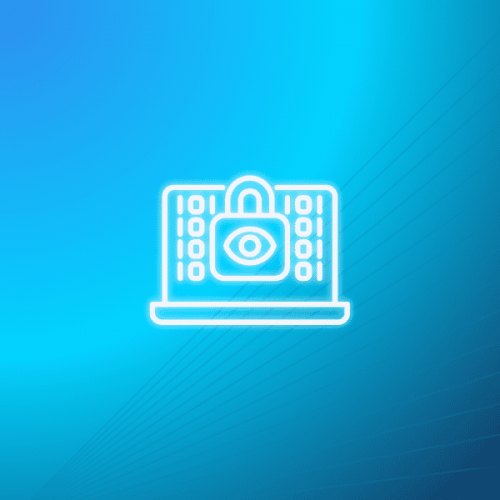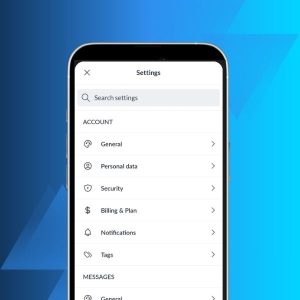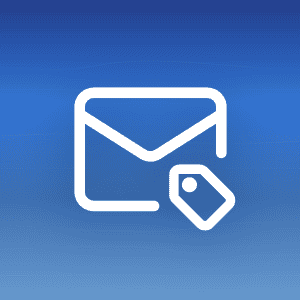Internet conglomerate and popular email host Yahoo was hacked twice earlier this year, revealing personal, sensitive data of 1.5 billion account holders. Countless other wide-scale and anecdotal accounts of hacking run rampant across the Internet. Fortunately, we law-abiding, good-hearted Internet users can protect ourselves from hacking, surveillance, and other unwarranted activity by using VPN & Secure Email accounts.
We live in an exponential age, where technology increases much faster than ever before as new developments come along. Likewise, cybercriminals have more potentially damaging tools to harm well-intentioned Internet users than ever before. The United States’ National Security Agency (NSA) and other government agencies around the world spy on innocent people daily. Net neutrality may soon not exist, either. All these factors — among others — contribute to a generally unsafe Internet browsing experience. That is why we need VPN & Secure Email.
What is a VPN?
Virtual private networks, or VPNs, build secure connections over the public Internet and other networks. Outgoing data is encrypted prior to transmission and unencrypted only at authorized destinations. VPNs are trusted by many reputable, governmental, and academic institutions to safeguard sensitive information.
Where can I find a VPN?
Many organizations offer VPNs for free or by paid subscription. To stay safe online, trusting popular organizations offering for-pay VPNs is likely safer than trusting free software. Interested Internet users can search online for well-trusted VPN providers that are commonly trusted for fulfilling data security needs.
VPNs, however, are only one step to securing your email use: secure email accounts are also necessary for total protection.
How about secure email accounts?
Many companies offer free email accounts, including Google, Yahoo, and Hotmail. While popular, un-secured email accounts are used by billions and generally thought of as safe. However, these email providers are highly vulnerable to data breaches.
A secure email account features fully encrypted data protected on safe, offsite servers. One of the most popular secure and private email account providers is Mailfence. Turning to a secure email provider will safeguard your private, personal information from hacking. Make sure to research the legitimacy and security track records of email providers you are considering prior to opening an account.
What’s so bad about popular email providers, anyways?
Popular email hosting services such as Google and Hotmail sell information about their users to third parties or utilize such data for their own benefit (evil). These corporations, among many others, sell information such as visited sites, terms searched, demographics of users, health status, … to outside parties. Moreover, these email providers employ vendor lock-in techniques to make sure you cannot easily switch to another service.
Advertisers, marketers, and site developers can figure out virtually everything about you just by gaining access to information harvested by email account providers. Nearly everyone fails to read terms of use agreements required by popular email providers. These agreements, chock full of hard-to-decipher legalese, contain an authorization by email account holders to forego their sensitive information.
Those who gain approval to such information can determine where you visit, whether you’re at home or not, sexual orientation, political views, among others. Trusting large corporations to handle such sensitive data is absolutely unacceptable, forming the premise of why secure email accounts and VPNs exist.
Government agencies can discriminate against Internet users by picking through unencrypted data. These agencies have been known to label innocent citizens as criminals and terrorists, which may lead to unfair treatment.
Even without taking this true, unnerving information into consideration, the fact that others spy on us should make everyone worried. Most of us wouldn’t be OK with a peeping Tom peering through our bedroom windows, right? And if someone doesn’t have anything to hide, why not hand out private information for free, posting it to public bulletin boards and lampposts?
Using a VPN & Secure Email
So, here’s how you can combine a VPN with secure email accounts. First, register for a secure email account. Next, download free VPN software or pay a reputable provider for a subscription (preferable). Whenever you access the Internet, first boot up the VPN before accessing your email account. It’s that simple.
The Internet is not, unfortunately, a safe place. Seemingly-innocent email providers, advertisers, and government agencies use our private data for their own personal interests. Not every government or corporation is inherently bad, but no Internet user can safeguard their information without encrypting personal information using a VPN and secure email account.
Follow us on twitter/reddit and keep yourself posted at all times.
Authored by an external writer, later attributed to Mailfence Team




